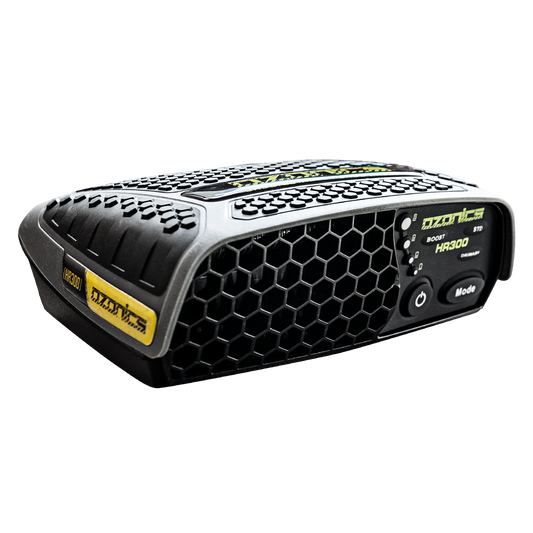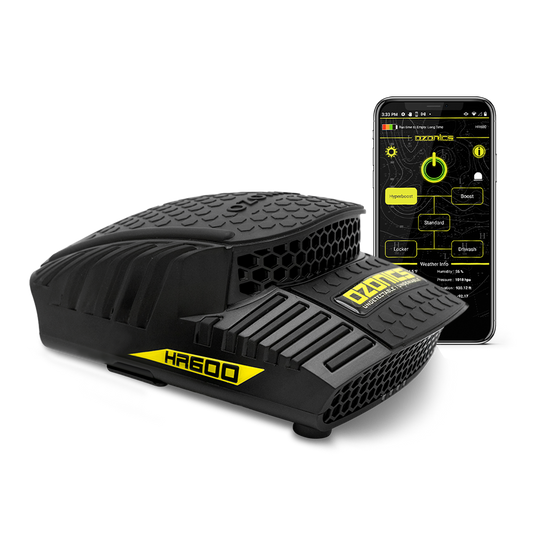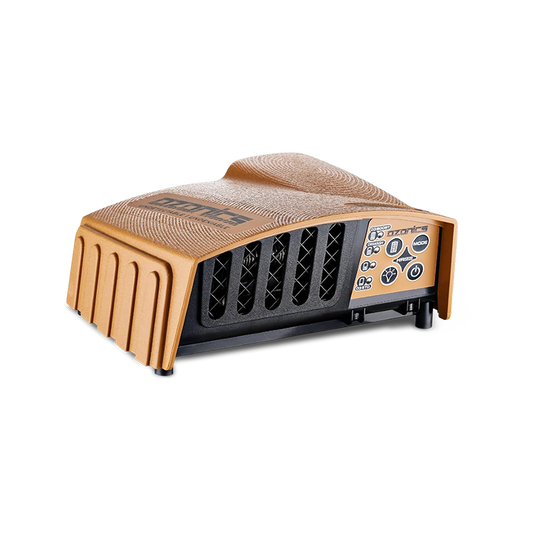Scent control is one of the most hotly debated topics among hunters. Some hunters subscribe to a detailed routine that borders on superstition while others think the whole thing is smoke and mirrors.
No matter where you stand on the scent control spectrum, there are two facts that you can’t deny:
- Deer and other game are really good at detecting human odor
- You smell like a human
1. Scent Control Doesn’t Work
There are a lot of scent control methods out there: clothes, sprays, detergents, soaps, pills, deodorants, and much more. And they almost all work--to an extent. It all comes down to what you mean by working.
On a basic level, most scent control products do control your scent. Wash with scent control body soap and you’ll wash away a lot of your odors. Put on scent control clothing and you’ll trap your odors next to your body. Spray yourself with scent control sprays and you’ll eliminate your human scent--for a little while.
And that’s where things start to get tricky. The reason people say scent control doesn’t work isn’t that they think these products don’t actually make you smell less like a human when you use them. It’s because they don’t do a good enough job controlling your scent for a long enough period to stop the deer from smelling you. Time and concentration are big factors here. You can spray yourself down and control your scent for a short time, but as time goes by and you start to sweat, you start to smell like a human again. No amount of spray is going to stop that. So in that sense, scent control doesn’t work.
The problem with all the scent control products listed above--the ones that don’t “work”--is that they are passive forms of scent control. If you want scent control that works for your entire hunt, you need active scent control. In other words, you need something that continuously produces the means to destroy your human odor before it can get to the deer’s nose. That’s exactly why you need to use oxidation as your primary scent control technique. An Ozonics unit is the industry’s only in-the-field ozone generator for continuous scent control that works.
2. Scent Control Makes You a Better Hunter
There are the people who think scent control doesn’t work at all, and then there are the people who think it’s a guaranteed way to get a prize-winning buck. This just simply isn’t how it works.
Use all the scent control you want, but you still have to choose the right stand, get to your stand without being detected, and take the right shot in order to get your target. You have to be patient. You have to be a good shot--and know where to aim. You have to know how to set up your stand. You can’t just walk into the woods with a bottle of spray and some fancy gear and take down every animal around.
Having a great scent control product doesn’t guarantee that a 16-point buck is going to walk right in front of you and stop for a picnic. And even if he does, your scent control isn’t going to take the shot that takes him down. No matter how much scent control you use, you still have to be a good hunter--and maybe even a little lucky--to have success in the field.3. I Can Block All My Odor if I Use Enough Liquids
You wash your gear with a scent control detergent. You bathe with scent control shampoo, conditioner, and soap. You use scent control deodorant. You even take scent control vitamins. The morning of the hunt, you spray yourself from head to toe with scent control spray. You’ll never smell like a human again, right?
Liquids aren’t magic. They don’t last forever. They don’t stop you from sweating or breathing. As soon as you start sweating, that sweat is going to overpower those liquids. Same with your breathing. Liquids won’t stop your breath from smelling like a human’s. And those scents are going to make it to the deer. Liquids are all passive forms of scent control, and passive scent control can never be enough to outlast the active scents of the human body. You could spend hundreds of dollars on liquids that will never get the job done, or you could buy an active form of scent control like an Ozonics unit that will save you time and money in the long run.
4. Deer Can’t Smell Me if I’m Far Enough Away
The best way to hide from deer is to be high enough where they can’t smell you, right? So get your stand way up there and you’ll be safe. There’s one small problem. Deer have a really strong sense of smell. They can smell at great distances, and they can detect the presence of human odor molecules in the air.
No matter how high up into the trees you go, the wind is going to blow your odor molecules into the air. Eventually, the deer are going to smell those odor molecules, and they’re going to know you’re around. They might not be able to see you way up in the tree, but they’ll be on the alert and they won’t come close enough for you to hit them.
As we’ve discussed, passive forms of scent control like sprays and clothing can have some temporary impact on your human odor molecules, but your sweat and breath eventually take over no matter how far away you are. The only way to keep those human odor molecules out of the air is to destroy them with an active form of scent control like oxidation.
5. I Don’t Need Scent Control if I Use the Right Lures and Attractants
Forget the scent control. Just set up a great food plot and use some powerful lures and attractants to get the deer within range. Right?
Lures and attractants can be great at getting the deer to you, but they have their limitations. As we’ve mentioned before, deer have a really good sense of smell. If they smell those attractants, they’ll probably make their way over. But deer can pick up and identify numerous scents at the same time. Just because they smell the attractant doesn’t mean they won’t also smell you. Any attractant will have to be strong enough to override the threat of a human in the area. The only way to make sure that happens is to reduce the human scent as much as possible for as long as possible.
You can use an attractant, but if you aren’t also using an active form of scent control like oxidation, the deer are going to smell your odor and go into survival mode. After all, the will to live is more powerful than the desire to eat.
Scent Control Isn’t All Myths
Scent control is an industry filled with myths and arguments. The one thing that can’t be argued is that deer are really good at detecting your human odor, and once they have they aren’t going to stick around. If you want to get the most opportunities in the field, you need to destroy your human odor with the active scent-eliminating power of an Ozonics.






